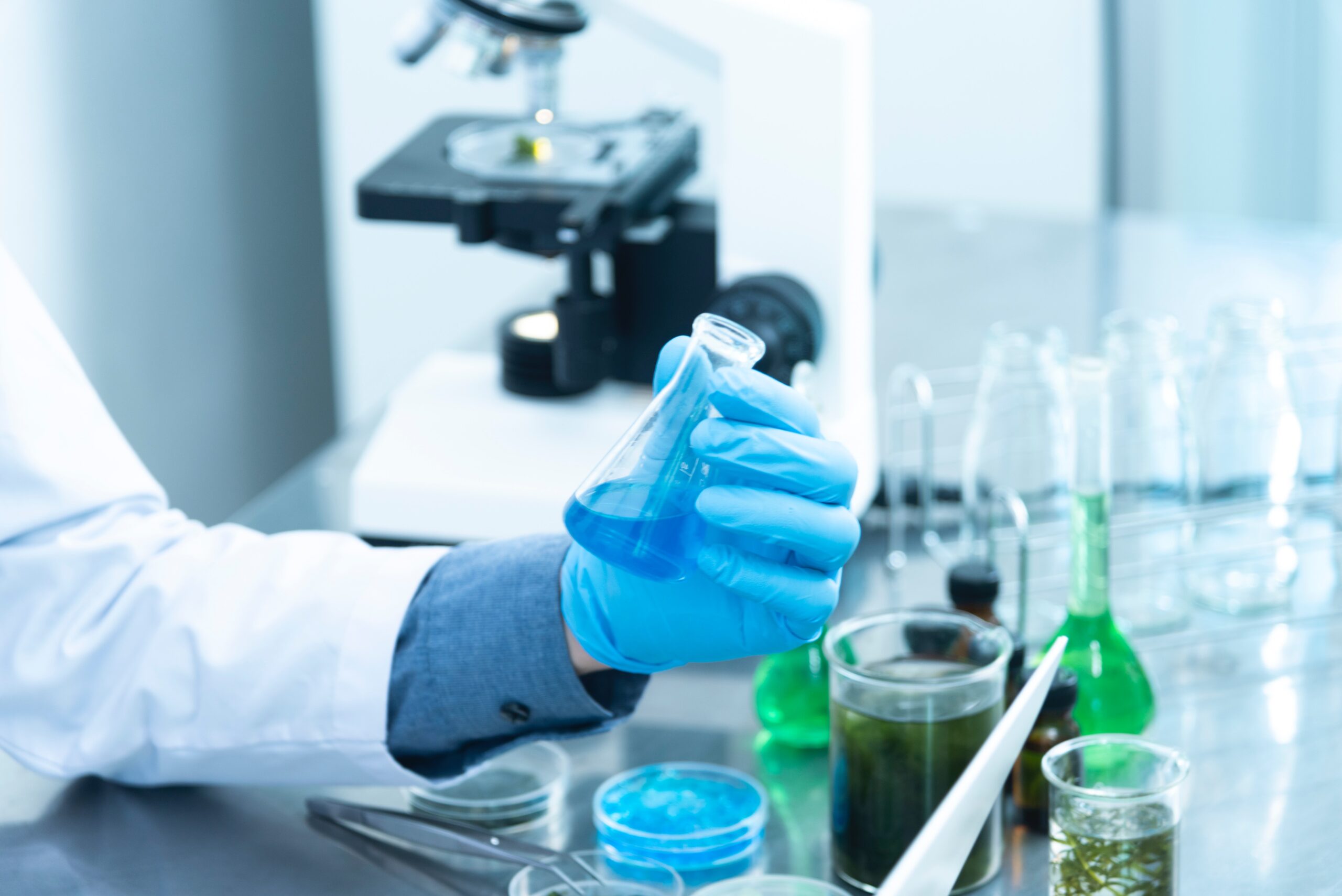Hey there, stress-busters and science enthusiasts! Are you ready to dive deep into the fascinating world of stress reduction and uncover the incredible connection between our minds and bodies? Well, get ready to embark on a thrilling journey of discovery as we explore the science behind stress reduction and the mind-body connection. It’s time to unlock the secrets of inner peace, boost our well-being, and embrace a life filled with boundless enthusiasm and vitality. Let’s jump right in and uncover the fascinating science that fuels our quest for stress reduction!
- The Stress Response Unveiled: To understand stress reduction, we must first comprehend the intricate workings of our stress response system. When we encounter a stressful situation, our body releases hormones like cortisol and adrenaline, triggering a cascade of physiological changes designed to help us cope. While this response is essential for survival, chronic stress can take a toll on our physical and mental health.
- The Power of Mindfulness: Mindfulness, the practice of being fully present and aware of the present moment, has gained tremendous popularity in recent years. But what does science have to say about it? Well, studies have shown that mindfulness-based practices, such as meditation and deep breathing exercises, can actually change the structure and function of our brains, reducing activity in the regions associated with stress and increasing activity in areas linked to emotional regulation and well-being.
- The Neurochemistry of Relaxation: When we engage in stress-reducing activities, our brain releases a flood of feel-good chemicals. For instance, meditation has been shown to increase the production of serotonin, a neurotransmitter associated with happiness and well-being. Similarly, physical exercise stimulates the release of endorphins, our body’s natural painkillers and mood elevators. By understanding the neurochemistry of relaxation, we can consciously harness these natural stress-busting substances.
- The Gut-Brain Axis: Did you know that our gut and brain are in constant communication? Yes, it’s true! The gut-brain axis is a bidirectional network that links our gastrointestinal system with our central nervous system. Emerging research suggests that the health of our gut microbiome, the trillions of bacteria residing in our digestive tract, can impact our mental health and stress response. By nourishing our gut with a balanced diet rich in probiotics and prebiotics, we can support our overall well-being and reduce stress.
- The Power of Positive Psychology: Positive psychology focuses on harnessing our strengths, cultivating positive emotions, and nurturing a resilient mindset. Research has shown that cultivating gratitude, practicing kindness, and engaging in positive self-talk can all contribute to a reduction in stress levels. By shifting our focus towards the positive aspects of our lives, we can rewire our brains and create a more optimistic and resilient outlook.
- The Healing Touch: Did you know that human touch has a profound impact on stress reduction? From a warm hug to a soothing massage, physical touch triggers the release of oxytocin, a hormone associated with bonding and relaxation. Studies have shown that touch therapy can reduce stress hormones, lower blood pressure, and enhance overall well-being. So, don’t be shy to reach out and embrace the healing power of human connection.
- The Importance of Sleep: Quality sleep is a vital component of stress reduction. During sleep, our bodies repair and rejuvenate, and our brains process emotions and consolidate memories. Lack of sleep can disrupt our stress response system, leaving us more susceptible to stress. By adopting healthy sleep habits and prioritizing restful slumber, we can fortify our resilience and better cope with daily stressors.
Now that we’ve uncovered some of the scientific gems behind stress reduction and the mind-body connection, it’s time to put this knowledge into action. Embrace mindfulness practices, nourish your body and mind with healthy habits, and surround yourself with positive influences. Remember, stress reduction is a lifelong journey, so approach it with enthusiasm, curiosity, and a willingness to explore new strategies.
So, my stress-busting science enthusiasts, let’s unlock the incredible potential of the mind-body connection, tap into our innate resilience, and create a life filled with boundless energy, vitality, and enthusiasm!



